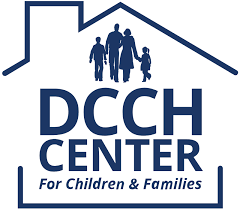By Nadia Ramlagan
Public News Service
September has been National Kinship Care Month, and more than 80% of Kentucky kinship families say they need help with groceries, followed by clothing, school supplies and other basic needs, according to a new report.
Because of budget constraints, the state placed a moratorium on its Kinship Care Program that previously allotted monthly payments of $300 per child to kinship caregivers stepping in as an alternative to foster care.

Shannon Moody, chief policy and strategy officer for Kentucky Youth Advocates, said a growing number of these families are navigating an often confusing child-welfare system.
“There are estimates that we’ve got about 55,000 children being cared for by relatives or close family friends in some sort of kinship care setting, whether that’s child protective service-involved or not,” she said, “and we do believe there are probably more than that.”
Child care and mental health care were also listed as top priorities in the survey, by Kentucky Youth Advocates and the Kinship Families Coalition of Kentucky.
Norma Hatfield, president of the coalition, has spent the past decade raising two grandkids. She said most caregivers, especially grandparents, aren’t financially equipped to suddenly take on full-time caring for children.
“Kentucky has done a lot to try to provide more support, but the needs are still there,” she said. “It costs to raise children today, and that doesn’t change.”
Moody pointed to Senate Bill 151, signed into law by Gov. Andy Beshear earlier this year, as a sign of progress on policies aimed at improving the lives of kinship families. The law allows relatives or close friends, known as “fictive kin,” to apply for certification as a foster home, and allows kids a say in where they live after they’ve been removed from their home.
However, Moody said more work is needed to expand community resources “to ensure that we are providing really comprehensive supports, including counseling and mediation services, in order for the that triad – the birth parent, the grandparent or other relative and the child – to get what they need.”
The report also calls for more investments in peer support groups, using opioid settlement money to increase resources for kinship families, and better training for state and foster-care agencies and community mental-health providers on the unique needs of kinship families.
Resources for kinship families in the state are online at kinshipky.org.

















